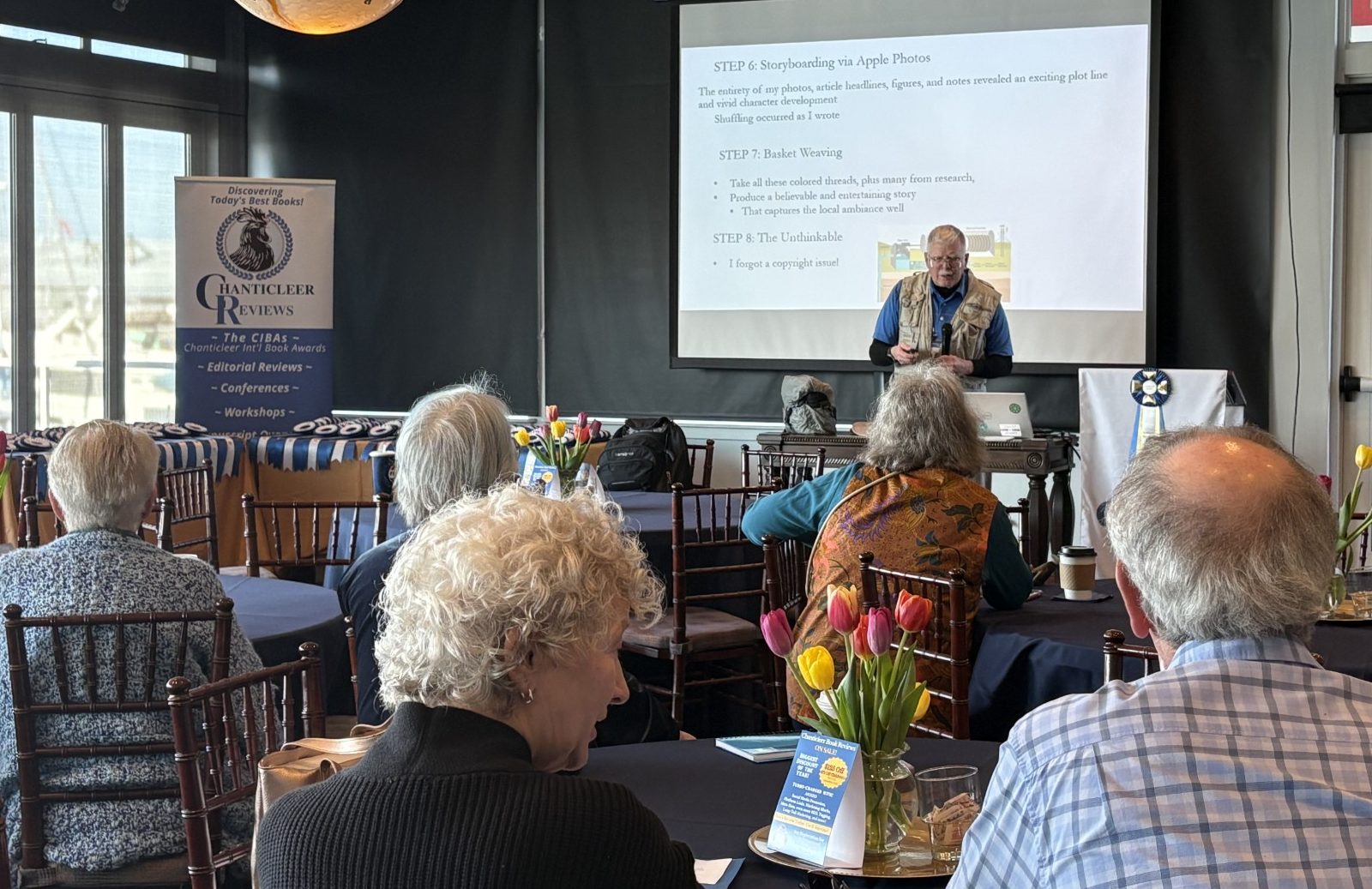|
Listen to or download this article:
|

Main Character Attributes
No matter your writing level, your story needs a kickass main character. Now, I don’t mean you need a brawler, a bully, or beast to headline your story–instead, you need someone who readers have never met before. An unforgettable someone who fascinates and captivates. Someone who readers can care about, empathize with.
A story person who can carry the weight of your storyline.
Examples: Katniss of Hunger Games, Kirsten of Station Eleven, Jay Gatsby in the Great Gatsby, Celie in the Color Purple, Poirot in the Hercule Poirot series, Arsene Lupin of the Lupin, Gentleman-Burglar series by Maurice Leblanc, Harry Potter of the Harry Potter series.
You will notice that most of these protagonists can carry the weight of a series. Readers want to spend time with them.
Create a worthy protagonist:
A fictional person who is about to face some of the most interesting events and hardest challenges of his or her life. Elizabeth Bennet of Pride and Prejudice is a good example.
A protagonist who has skin in the game. Elizabeth’s situation–living with her family because she has no means of support–means she is in an inescapable position.
A character you can pile on troubles and miseries and he or she won’t topple. Well, maybe topple, but then is capable of rising again to face the challenges of the story events. This means your protagonist can stand up to his or her opposition, enemies, and travails, however difficult.
Think about the character Kirsten Raymonde in Station Eleven by Emily St. John Mandel. Kirsten is strong, observant, and skilled in protecting herself. She struggles with the violence of the new world and the fact that she has killed other people to survive. She believes in the power of art to make her new brutal life worth living and longs to better understand the world left behind.
A character with realistic and possibly relatable flaws. In Pride and Prejudice Lizzie Bennet possesses a sharp tongue that matches her quick wit, but she’s also prone to jump to conclusions {prejudice} and might be prouder than might be good for her.
A character who is complicated and complex, which in turn leads to inner conflict. This means protagonist battles his/her circumstances hindered by his or her personality, nature, and circumstances.
Use characters with significant histories {backstory} that cast a shadow onto the present. Typically this means past traumas or troubles that somehow mess with his/her ability to face the story conflict and hardships. In Pride and Prejudice Elizabeth Bennet’s family is dysfunctional, in that the father is uninvolved and distant, their mother is an ambitious busybody, and her younger sisters will chase any man in a uniform. Which is going to lead to a scandal that the family might not recover from.
Lizzie’s older sister Jane is typical of a woman of her times–Regency England–who seems to accept society’s norms and has a sweet disposition. Oh, and low expectations. Lizzie, on the other hand, is different from her sisters–a reader, a dreamer and yet a realistic type because she’s aware of her family’s flaws and disapproves of her father. But importantly, she’s a woman who will not marry unless her beloved is a perfect match.

Smiling in spite of being subject to England’s Inheritance Laws during the Regency Era.- which means they will not inherit land or the family home. Husbands will be required.
But the ultimate backdrop for this story comes from England’s inheritance laws. The family’s five daughters unable to inherit their family estate because they’re female, which creates a threat that hangs over the story. This is an excellent example of the Regency English era.
All stories need an overarching threat. Think worst-case scenario.
Fiction typically, but not always, is told from the protagonist’s viewpoint. The pov character is the reader’s entrée into the story world, the lens we view the story through. The prideful Lizzie provides access into society’s norms and expectations for females. Thus, she serves as a reflection of the story’s themes and premise. {It is a truth universally acknowledged, that a single man in possession of good fortune, must also be in want of a wife.}
If Pride and Prejudice was told from elder sister Jane’s or Lydia’s viewpoint it would be a far different tale.
Less complex and involving, since Jane isn’t exactly a firecracker and 15-year-old Lydia’s agenda is all about romance with a dashing soldier, Mr. Wickham. No matter that his agenda is ungentlemanly at best. Then there’s the matriarch, Mrs. Bennet, who is well aware of the unfairness of inheritance laws and is determined her daughters will be married because that’s all the security they can hope for. While Mrs. Bennet is realistic, it’s doubtful she’d provide an honest perspective.
Early on in your story development, consider thinking about or perhaps outlining what the narrative would look like from your other character’s perspectives. You may gain an interesting slant to your story line. Kiffer
Keep writing, keep dreaming, have heart. Jessica
CAC 22 held on June 23 – 26, 2022! Register Today!
Seating is Limited. The esteemed WRITER Magazine (founded in 1887) has repeatedly recognized the Chanticleer Authors Conference as one of the best conferences to attend and participate in for North America.
Join us for our 10th annual conference and discover why!
Thank you for joining us!

Writer’s Toolbox











Leave A Comment